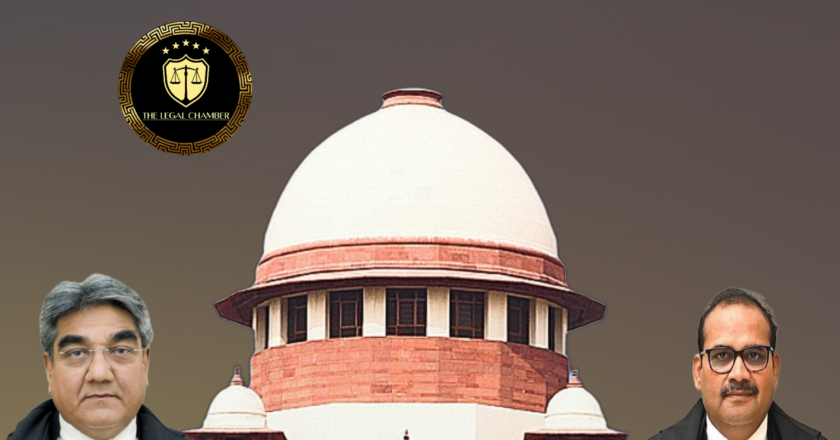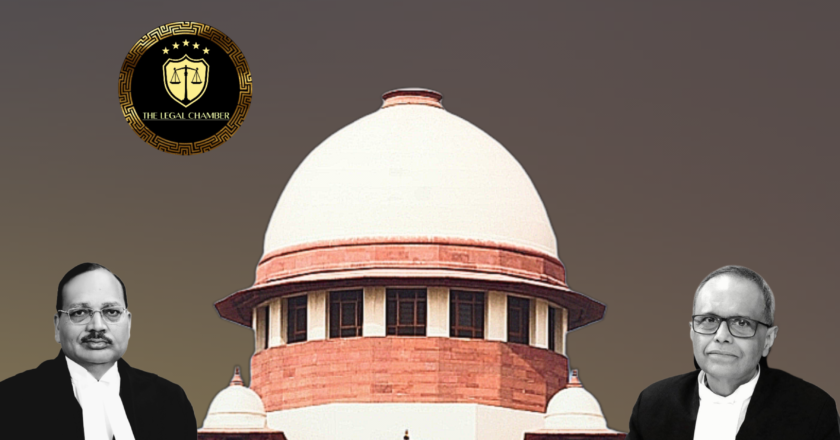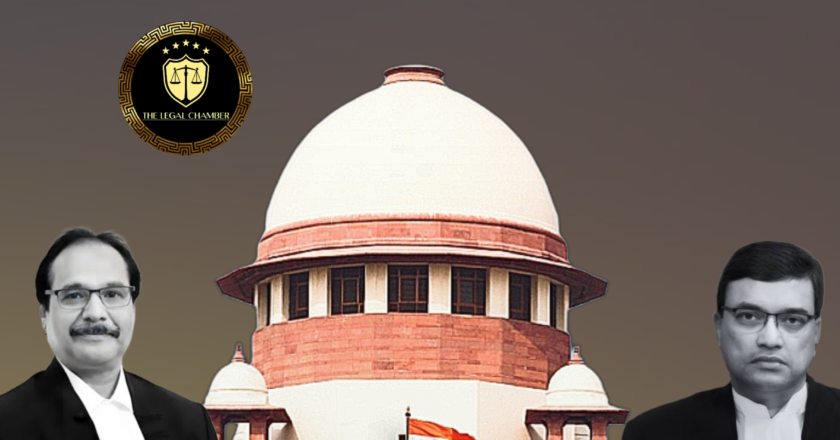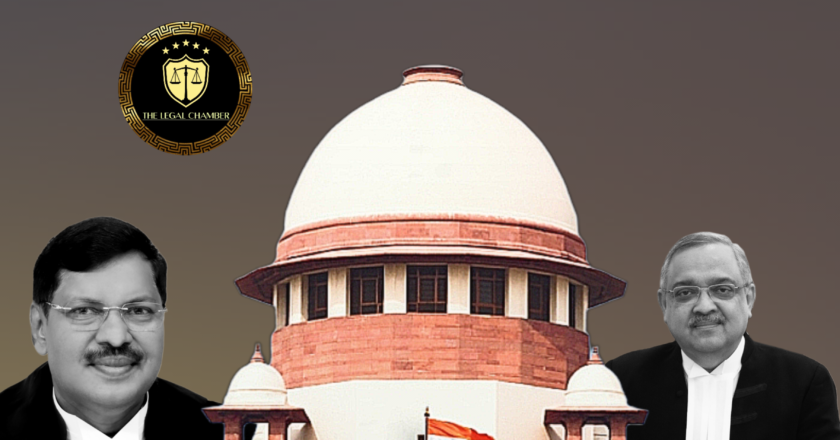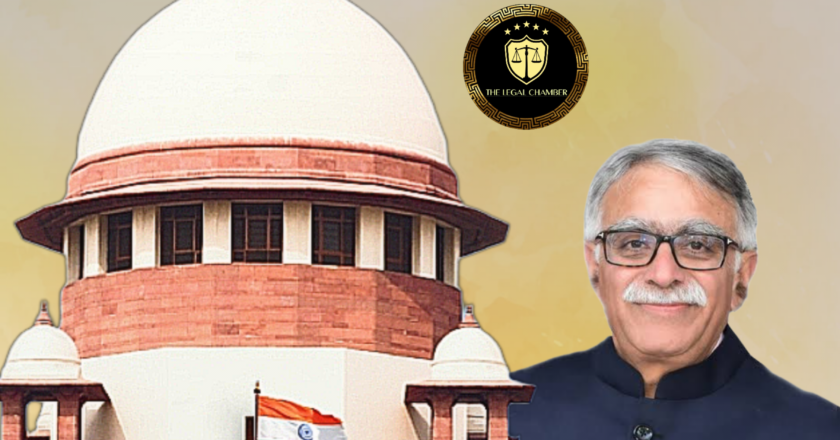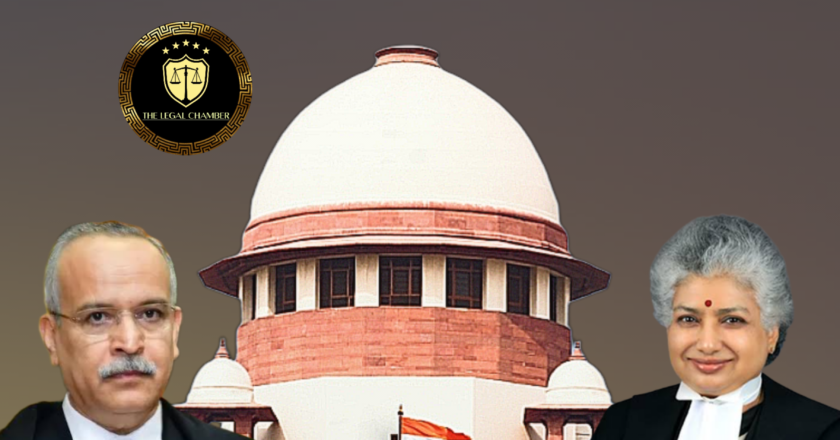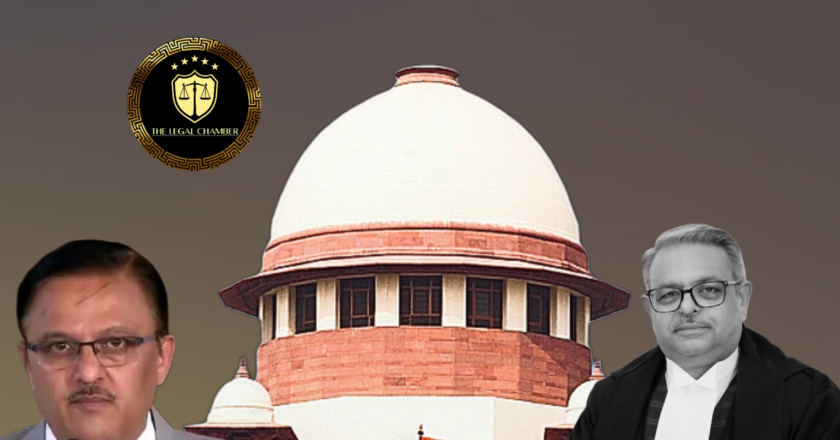Training is a Must: Supreme Court Judgment on Railway Recruitment and Service Confirmation
The Supreme Court held that successful completion of prescribed training, including passing the requisite written test, is a mandatory condition precedent for confirmation in service for direct recruits to Group 'C' non-gazetted railway posts. Failure to clear this training examination validly entitles the employer to terminate services, as it is a fundamental term of recruitment governed by the Master Circular.
Facts Of The Case:
The case involved Alok Kumar, who was provisionally appointed as a Senior Section Engineer (Trainee) in the Railways after clearing a recruitment examination. His appointment was conditional on the successful completion of a 52-week training program. After 46 weeks of field training, he was sent, along with other trainees, to a three-week General and Subsidiary...
